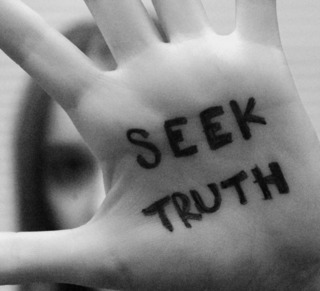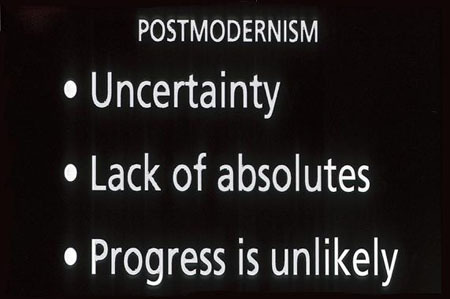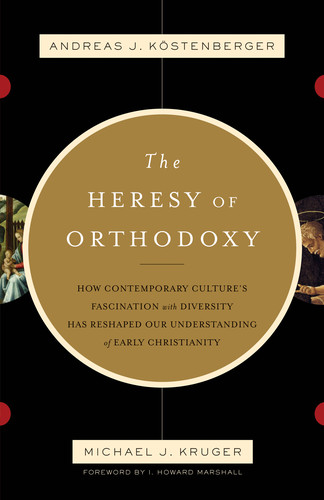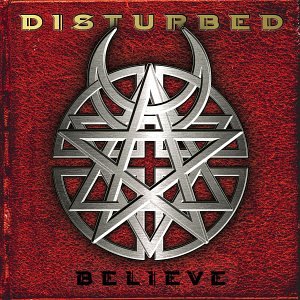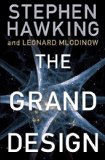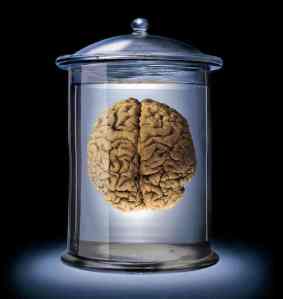More than 30 percent of workers say they are always or often under stress at work (citation). One in ten Americans over the age of 12 are now on antidepressants (citation 1, and ABC news). Suicide rates are highest for people between the ages of 40 and 59 (citation). Where does all of the pressure come from?
Lately, I have been spending much time and mental energy pondering the human experience. What seems to cause us grief and stress is not having too many things going on, but not having control over too many things.
Inspired by the film “No Country For Old Men” and this article by RC Sproul, I decided to write this post. (Here are my thoughts on No Country for Old Men)
For the believer, we affirm that this is God’s world (John 1:1-18). That Christ has conquered sin and death. That he is sitting at the right hand, he is preparing a place for his Bride (John 14.3) and he is coming again to judge. We affirm that God is sovereign over his creation; that he has all control, authority and presence over his world (Col. 1:15-20). We believe that he will preserve those he called (Eph. 1-2). We believe that evil will not prevail (*) and that righteousness will reign (Rev. 21).
Yet we too often struggle to reconcile what we believe with what we experience. Can we really trust God’s Word and our experiences? If I arrive at that conclusion that God’s Word is in question, as Sproul put it, we are in danger of being a “sensuous Christian.”
Often one who once believed, but now challenges the entire Gospel, does so because their life experience teaches a message that seems incompatible with the biblical worldview they once held. They will abandon God’s Word altogether because it doesn’t seem to jive with “what we experience.” If I arrive at that conclusion, than I have gone too far. Hear how Sproul grapples with this:
I said, “Wait a minute. God promised that he would be here.” I didn’t feel his presence, and so I thought he wasn’t there. I had become a sensuous Christian, allowing my strength of conviction to be determined by the strength of my feelings.
I realized that I’ve got to live by the Word of God, not by what I feel. I think that’s how you deal with doubt. You begin to focus on what God says he’s going to do rather than on your feelings.*




